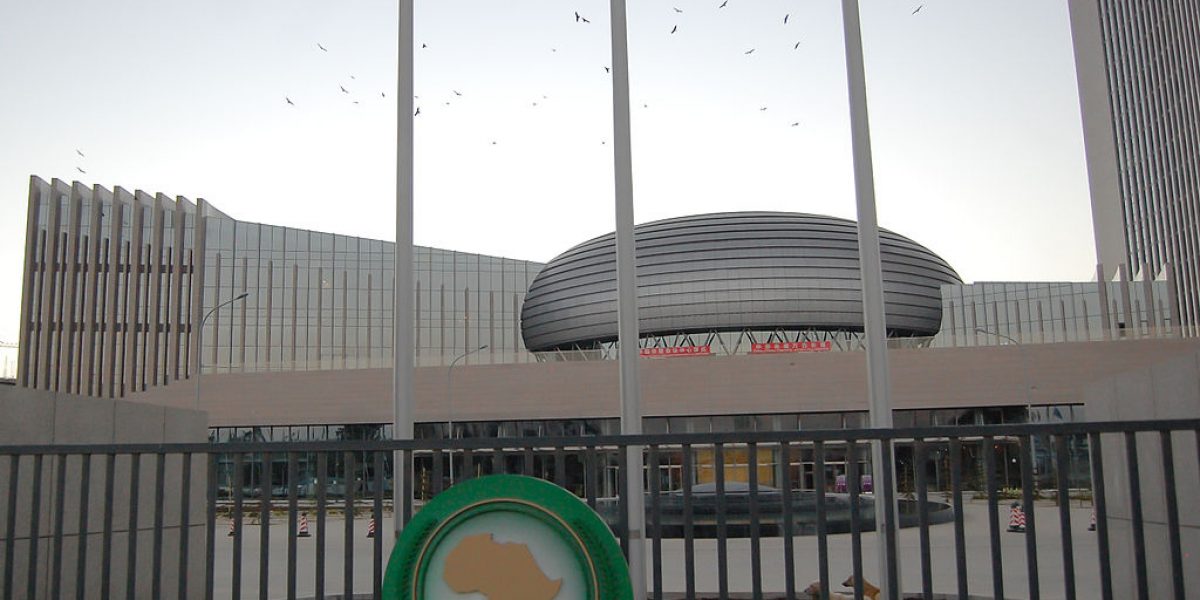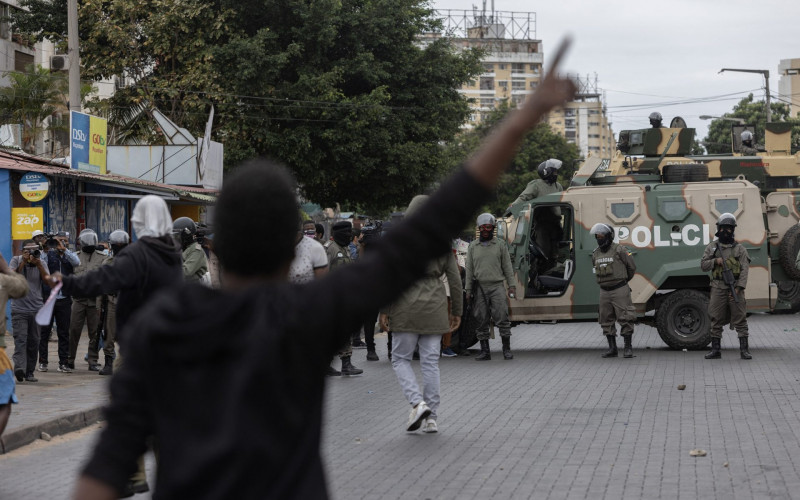After a decade of its existence, it is pertinent to assess how the AU has fared in its commitments to the promotion of democratic values in Africa. This is the primary concern of this paper, which seeks to assess the state of democracy and political governance in Africa. Given the centrality of elections to the theory and practice of democracy, the study evaluates the role of the AU in promoting democratic values in Africa from an electoral perspective. Drawing essentially on the AU’s declaration governing democratic elections and the declaration on observing and monitoring elections, the paper submits that while these declarations have positively affected Africa’s electoral landscape, there is still ground to be covered. Despite the AU’s interventions, elections in Africa remain one of the weakest links in the democratisation process, turning out to be democratic liabilities, instead of assets. Moreover, the AU’s election-monitoring activities have also been undermined by two closely related challenges, most notably the contexts of electoral governance in the host countries and certain administrative and implementation challenges.
Consequently, the politics of the AU’s election monitoring in Africa has, inevitably, produced mixed results. While it has, together with other monitoring groups, contributed to raising the general level of awareness and generated some pressure for electoral reforms, it has also tended to be less critical, especially of incumbents seeking re-election. Worse still, its reports and recommendations are not binding on the host country because they do not have the force of law. Urgent steps are needed to redress these contradictions, including reconciling international standards of elections monitoring with African realities, broader coverage of the field for each election and the use of medium- and long-term approaches. Finally, there is a need to strengthen the links between the AU and local monitoring groups. This can help improve understanding of the electoral geography of the host state, and facilitate the sharing of information and logistics.







